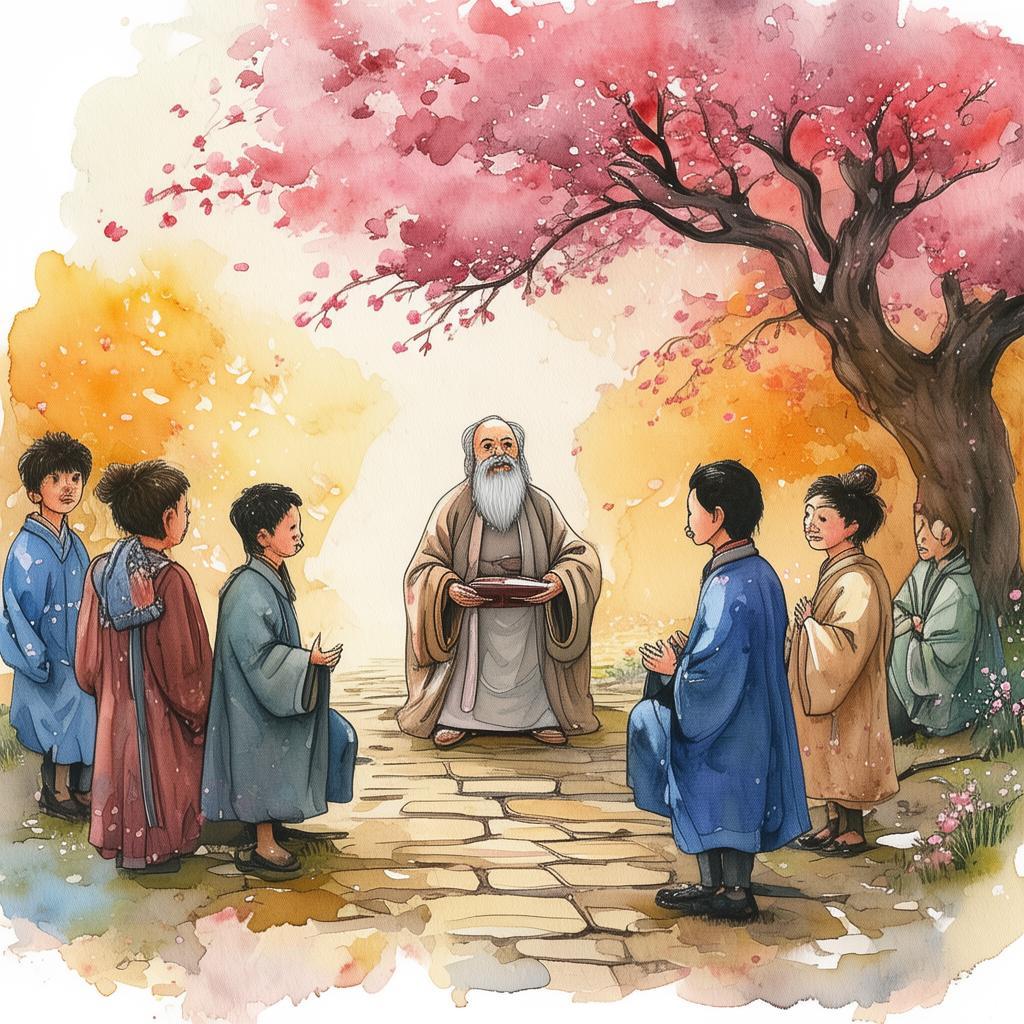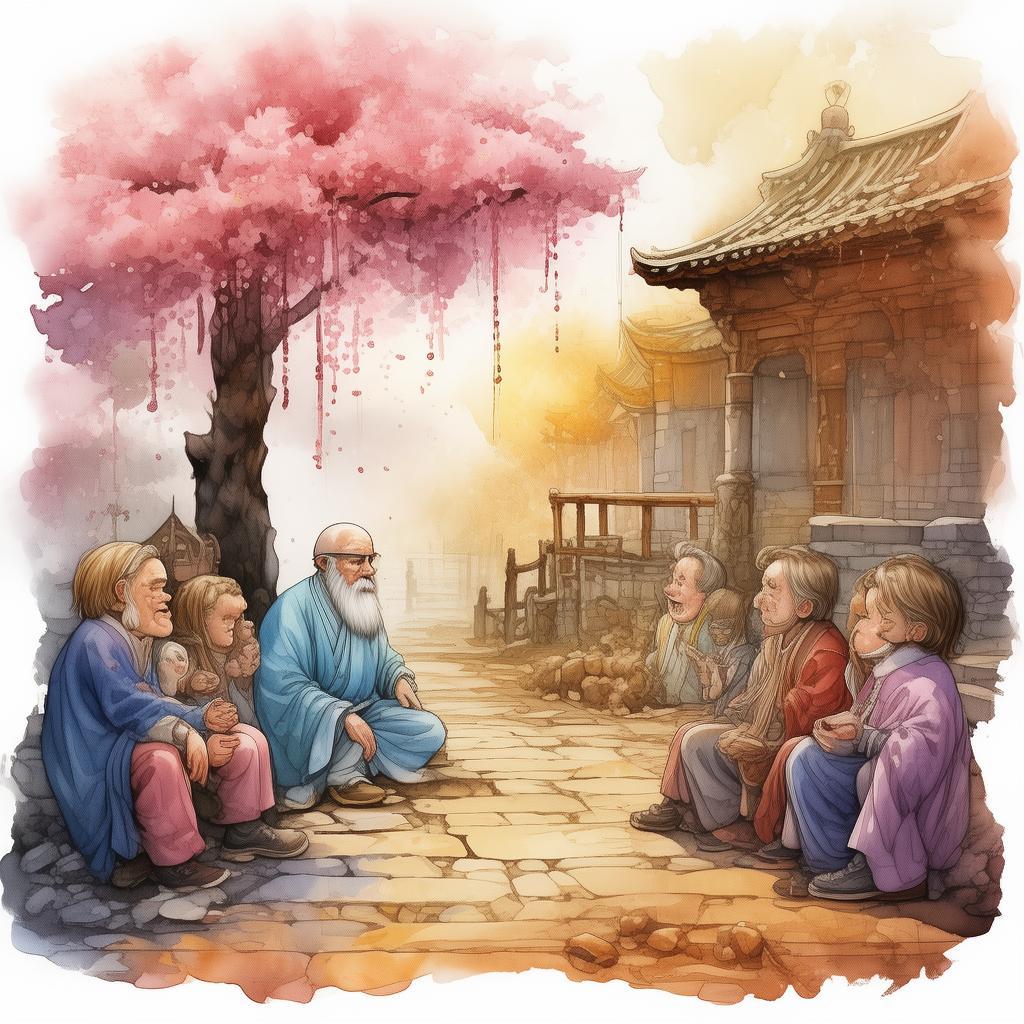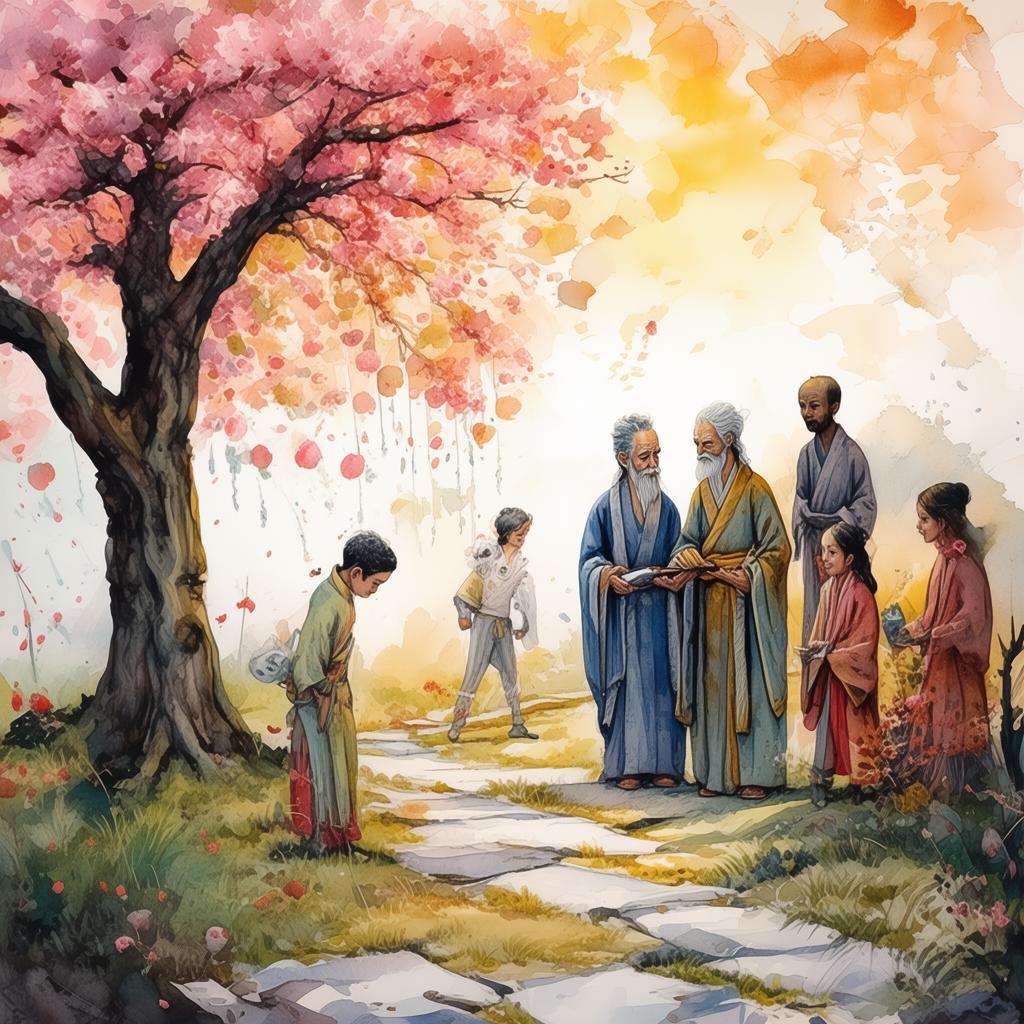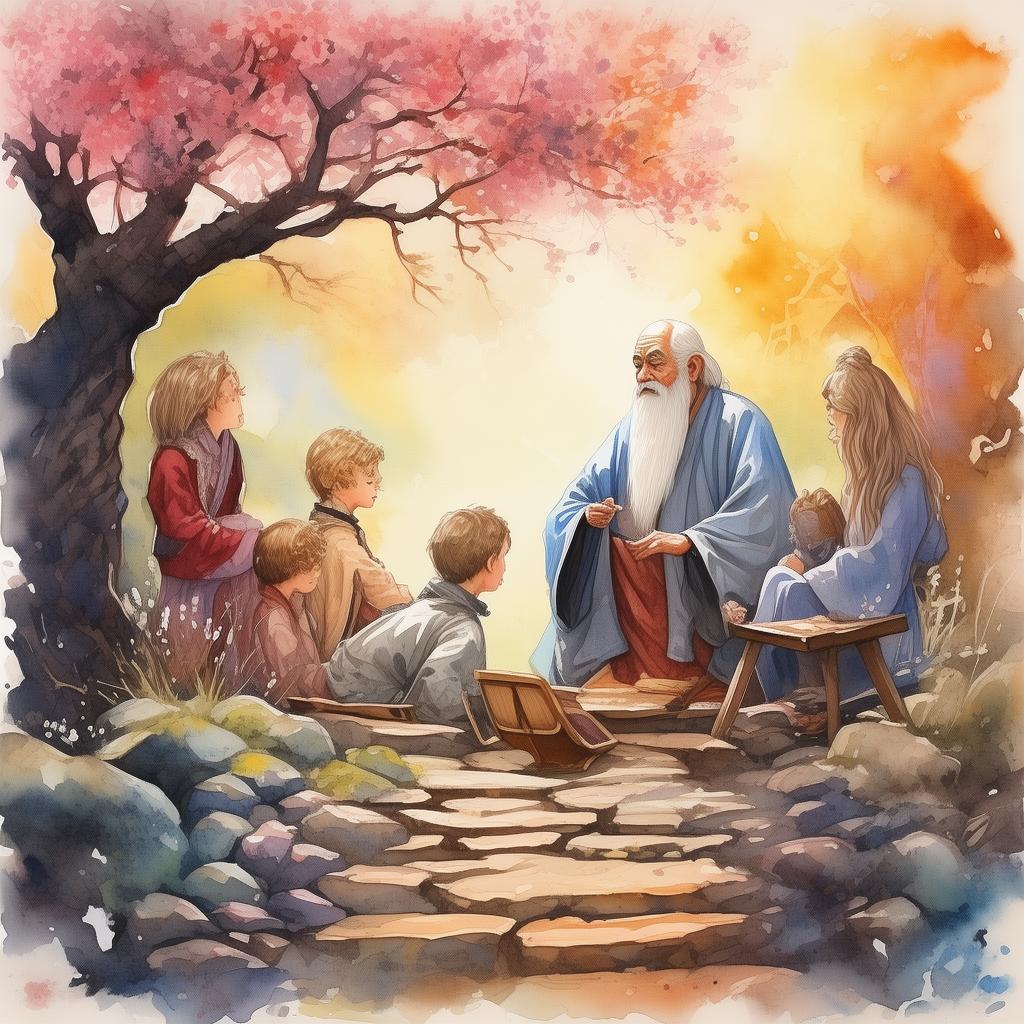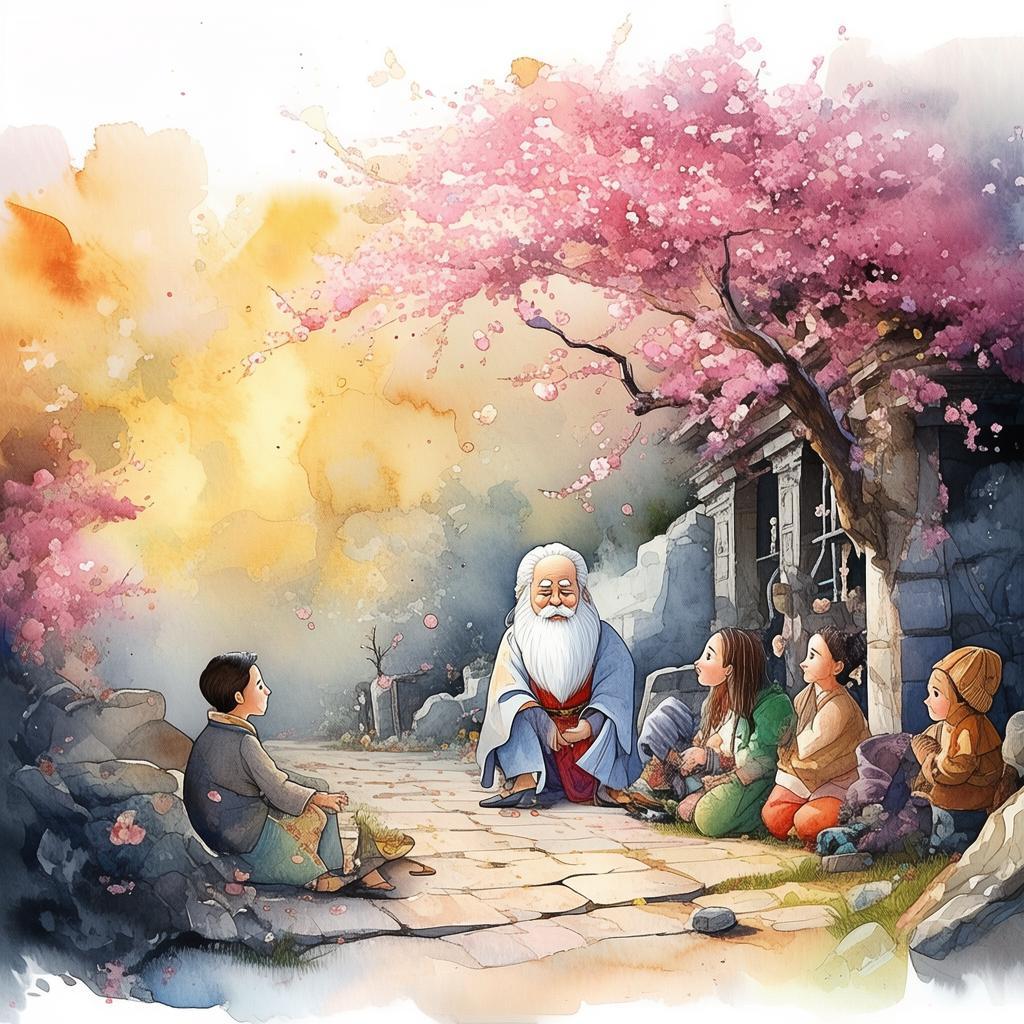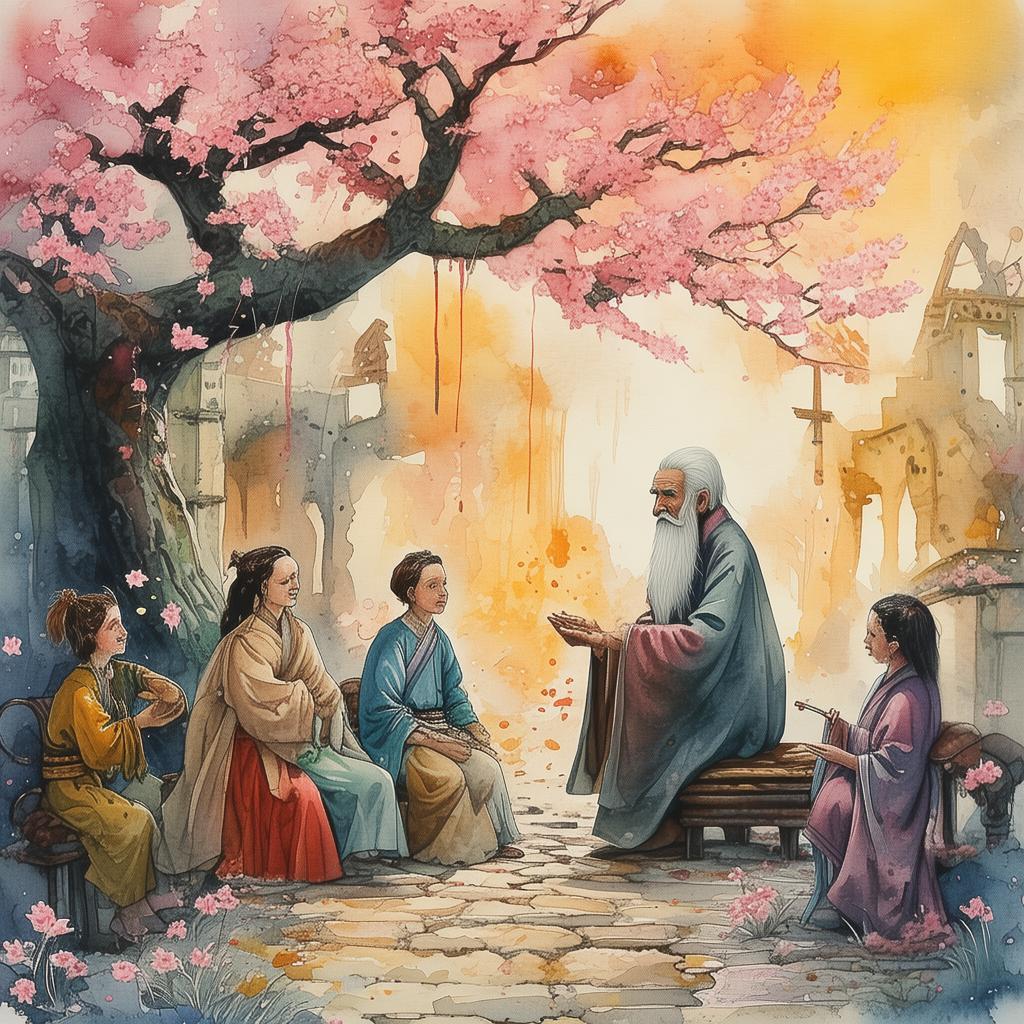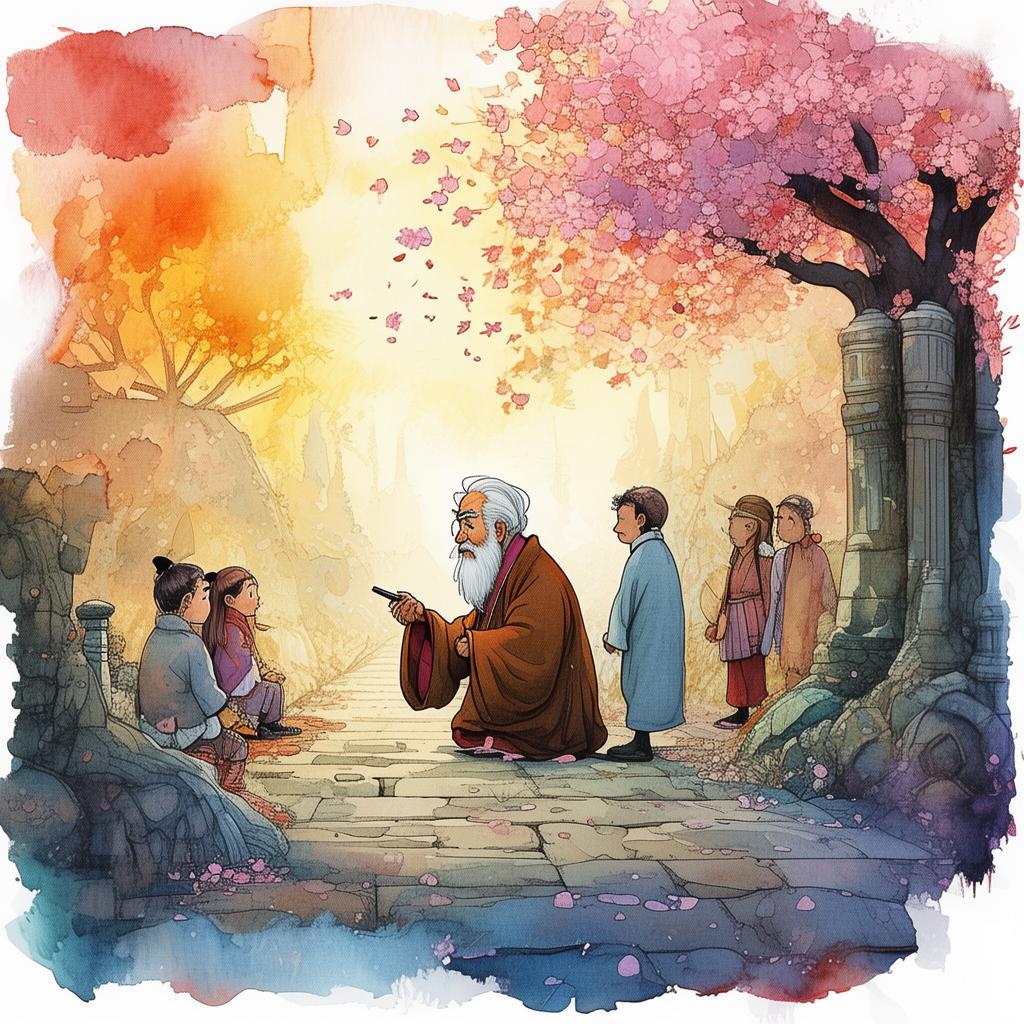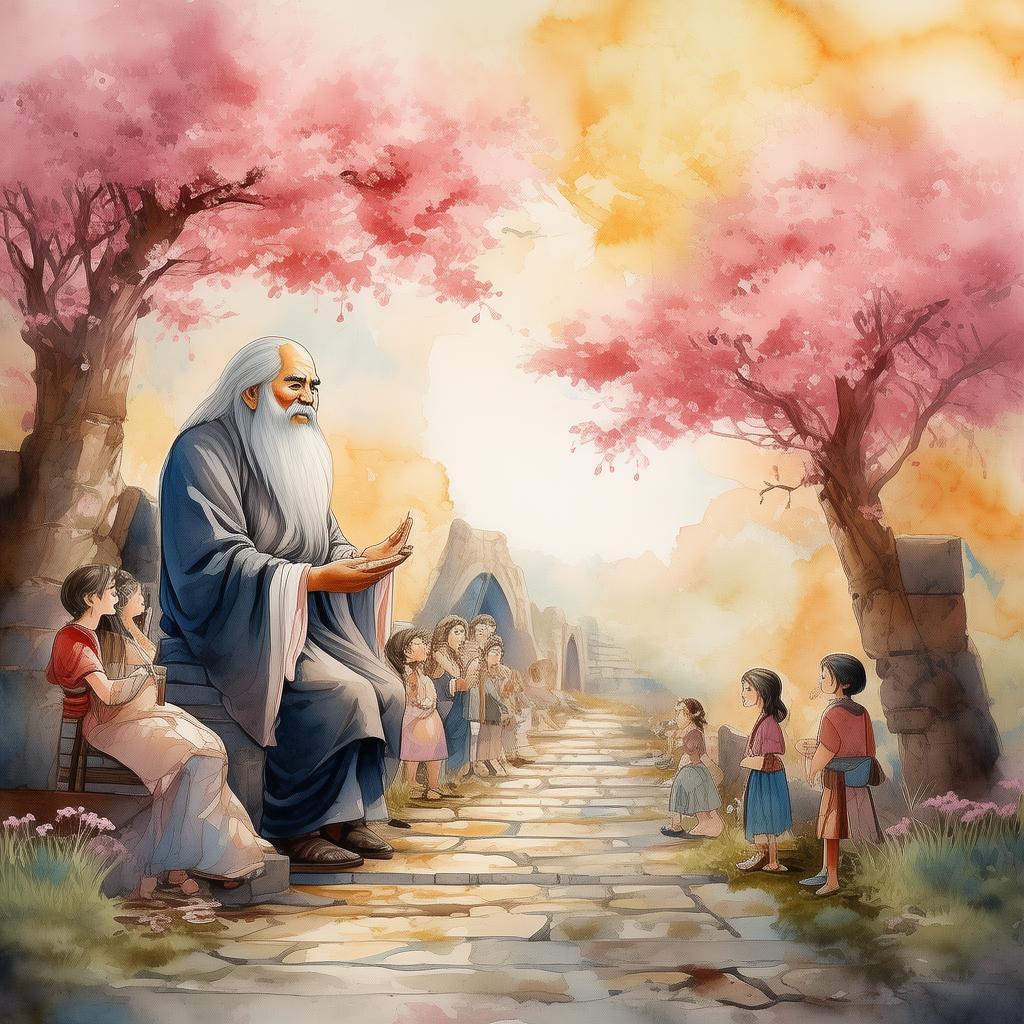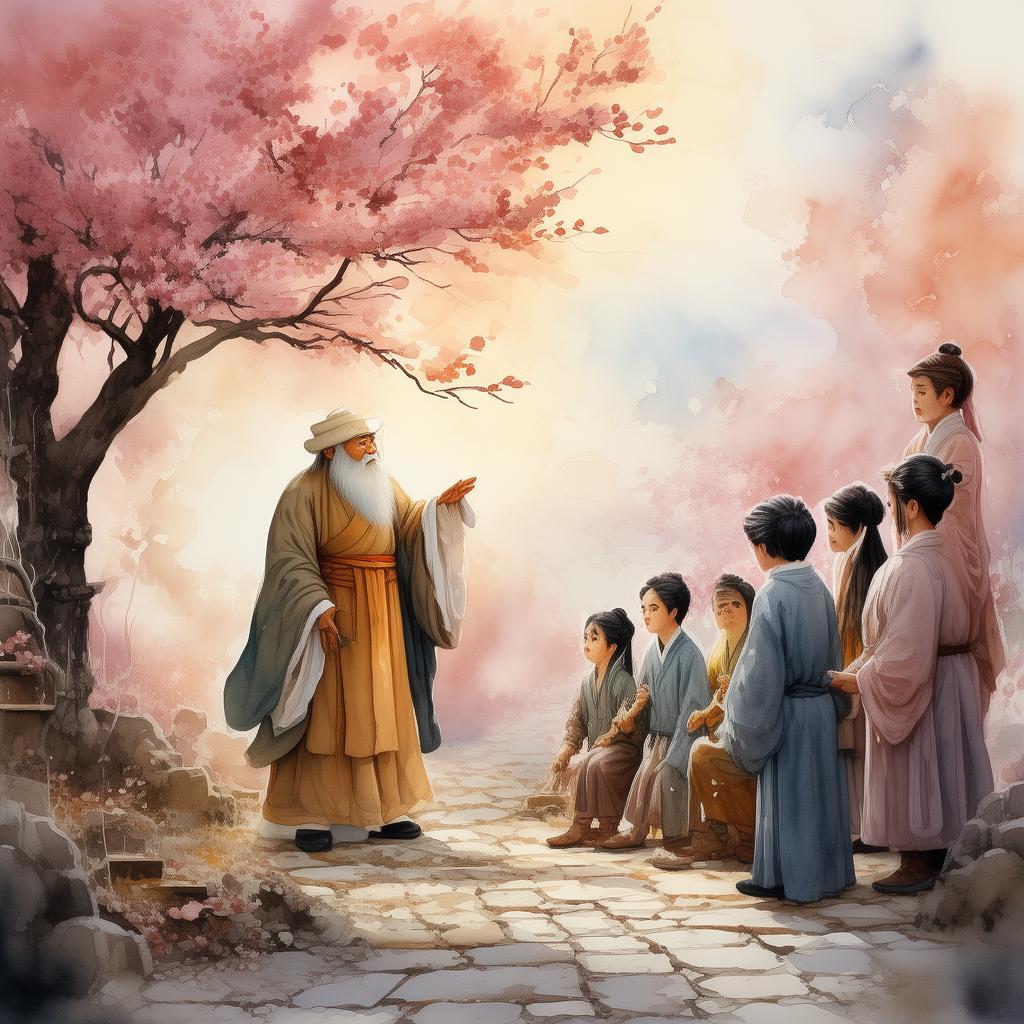The Space Station's Snake-Slapping Saga: A Tale of Quick Thinking and the Chinese idiom 'To Slap a Snake with a Stick'
In the vast expanse of outer space, where the stars twinkle like distant jewels and the Earth rolls by like a blue marble, the International Space Station (ISS) hummed with the quiet activity of exploration. It was a microcosm of human ingenuity, a beacon of scientific advancement, and a home away from home for astronauts from around the world. Among them was a Chinese astronaut named Li Wei, whose quick wit and resourcefulness were the stuff of legend.
One day, as Li Wei was tending to his duties, he noticed something unsettling. A small, wriggling snake had found its way into the airlock. The snake was no ordinary creature; it was a venomous python, a creature that could spell disaster for the delicate balance of life aboard the ISS. The station was not equipped with anti-venom, and the thought of the snake potentially slithering its way into the living quarters was enough to send chills down the spines of the crew.
Li Wei knew that he had to act quickly. He scanned the room for anything that could be used to trap the snake. His eyes fell upon a long, flexible pole that was used for maintenance tasks. It was sturdy, but it was also long enough to reach into the cramped confines of the airlock. He grabbed it and approached the snake, which had already begun to move toward the living quarters.
The crew members, who had been observing the situation with growing concern, watched in awe as Li Wei began to plan his strategy. He knew that he needed to trap the snake without causing it harm, as the ISS was not a place for wildlife. He also knew that time was of the essence; the snake was moving quickly, and it could be anywhere by the time he reached it.
Li Wei's mind raced. He thought back to a Chinese idiom he had learned from his father: "To slap a snake with a stick" (用棒子打蛇). The idiom meant to deal with a difficult situation with determination and force. It was a metaphorical way of saying that sometimes you had to act decisively to handle a challenging problem.

With a sudden flash of inspiration, Li Wei realized that he could use the pole to mimic the action of slapping the snake. He moved quickly, positioning the pole in such a way that it would strike the snake without causing it harm. The crew held their breath as Li Wei reached out, the pole moving with precision.
Just as the snake was about to enter the living quarters, Li Wei brought the pole down with all his might. The snake, startled by the sudden movement, recoiled, and Li Wei was able to trap it with the pole. The crew erupted in cheers, relieved that the situation had been handled without incident.
The snake was safely contained, and the crew could breathe a sigh of relief. Li Wei's quick thinking and the idiom he had recalled had saved the day. The incident became a topic of conversation among the astronauts, who marveled at the way Li Wei had combined his cultural knowledge with practical problem-solving skills.
As the days passed, the crew continued to refer to the incident as "The Space Station's Snake-Slapping Saga." It became a story of courage, quick thinking, and the unexpected use of a Chinese idiom in an entirely new context. Li Wei's actions were celebrated, and his reputation as a resourceful astronaut grew even stronger.
In the end, the tale of the snake-slapping saga became a testament to the power of ingenuity and the universal nature of human ingenuity. Whether in the depths of space or the bustling streets of a city, the ability to think on one's feet and find a creative solution to a problem is a skill that can be invaluable.
The Space Station's Snake-Slapping Saga was not just a story of how an astronaut dealt with a dangerous situation; it was a story of how one's cultural heritage could be a source of unexpected strength in the most trying of times. And so, the tale of Li Wei and his snake-slapping pole became a legend among the astronauts of the ISS, a reminder that sometimes, the answer to a problem can be found in the most unexpected places.
✨ Original Statement ✨
All articles published on this website (including but not limited to text, images, videos, and other content) are original or authorized for reposting and are protected by relevant laws. Without the explicit written permission of this website, no individual or organization may copy, modify, repost, or use the content for commercial purposes.
If you need to quote or cooperate, please contact this site for authorization. We reserve the right to pursue legal responsibility for any unauthorized use.
Hereby declared.

